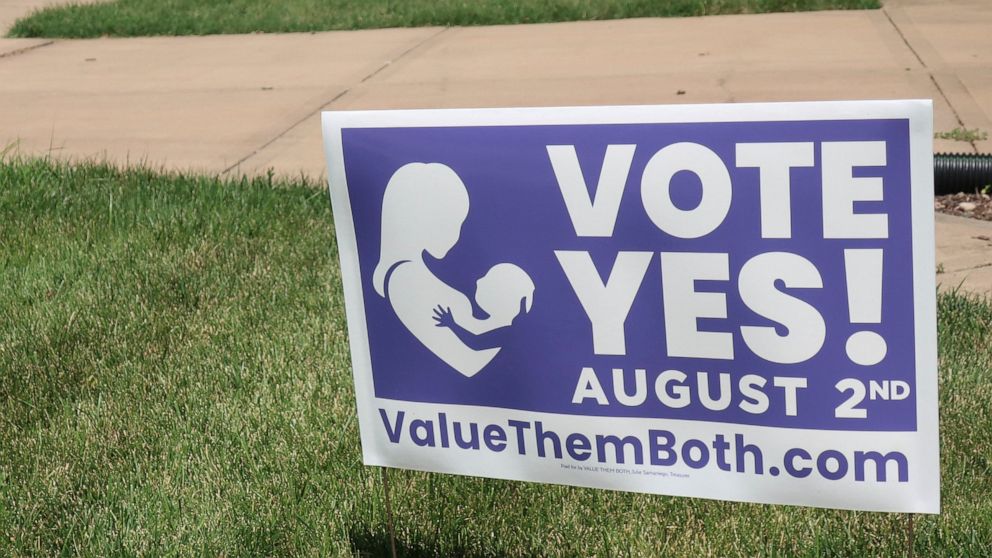ATLANTA — The concept of “personhood” has come up in debates since the U.S. Supreme Court overturned the federal right to abortion. Some states have passed laws or constitutional amendments to introduce the standard, and anti-abortion advocates have pushed for similar changes elsewhere.
But the differences between personhood laws and other abortion restrictions are sometimes poorly understood. Abortion rights supporters say personhood laws could have far-reaching consequences that could hamper in vitro fertilization or subject women who have abortions to murder charges. Supporters of personhood say declaring that all human beings, including those in the womb, have rights lends important moral clarity and that changes stemming from the concept are desirable.
Here’s a look at the issue:
WHAT DOES PERSONHOOD MEAN?
In its 1973 Roe v. Wade decision providing the right to abortion nationwide, the U.S. Supreme Court majority found that “the word ‘person,’ as used in the Fourteenth Amendment, does not include the unborn.”
Some anti-abortion advocates say that is wrong, arguing that personhood includes fertilized eggs, embryos and fetuses that should be considered people with the same rights as those already born.
Those who advocate this standard of personhood want to end all abortions, and decry laws that include carve-outs allowing abortion in cases of rape or incest, or fetuses with genetic anomalies.
And the impact of personhood laws could be felt beyond abortion regulation. They could limit in vitro fertilization, criminalize women who terminate pregnancies or engage in behavior harmful to the fetus, and even grant a fetus child support, tax benefits and other rights.
Opponents say the standard of personhood is unconstitutional because of its wide-ranging and uncertain impact, and argue it puts people at risk of prosecution for any number of crimes.
“Because the Personhood Provision fails to provide adequate notice of prohibited conduct and invites arbitrary and discriminatory enforcement against Plaintiffs and their patients, it is unconstitutionally vague,” lawyers who challenged Arizona’s law wrote.
HOW MANY STATES HAVE THESE LAWS?
Alabama, Arizona, Georgia, Kansas and Missouri all have personhood laws.
Georgia’s law is maybe the most far-reaching, granting specific rights including tax breaks and child support to unborn children. It took effect July 20 after a federal appeals court ruled in its favor. A federal…
Click Here to Read the Full Original Article at ABC News: Health…

